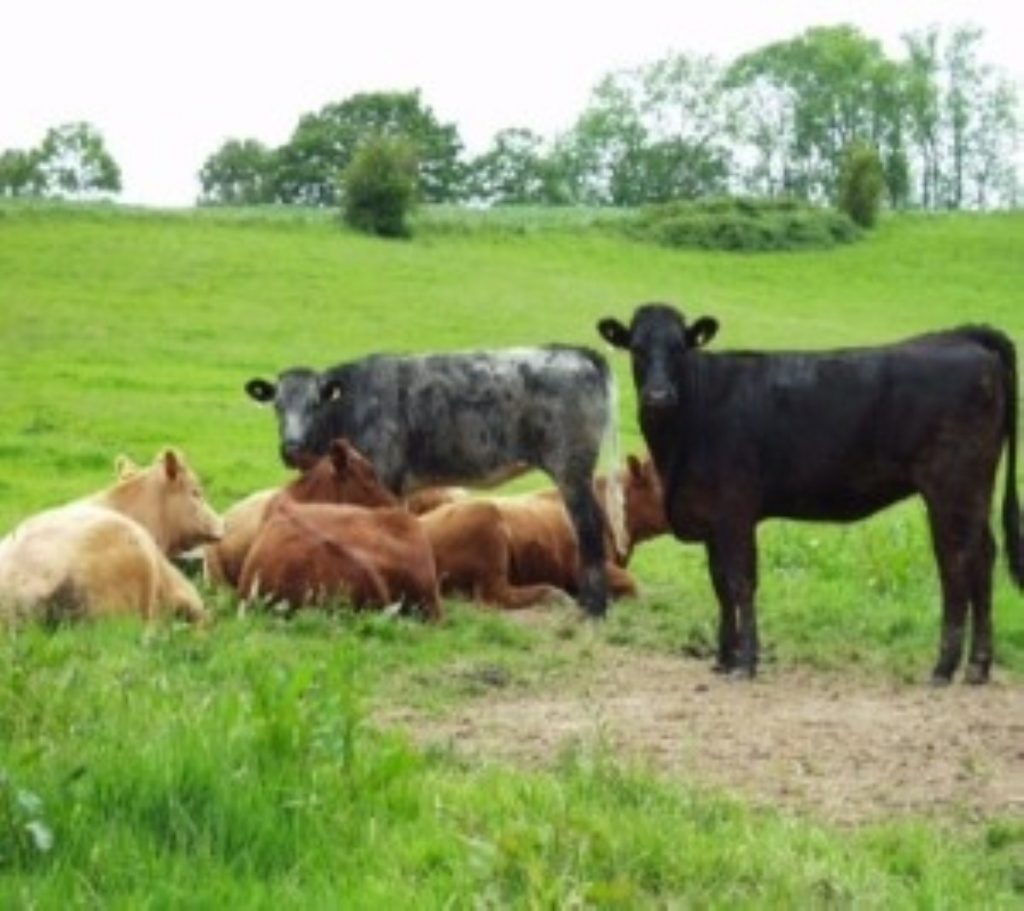DEFRA urged to improve livestock tracking
The chairman of the Public Accounts Select Committee has urged the Department for Environment, Food and Rural Affairs (DEFRA) to improve its procedures of accounting for the movement of livestock.
The committee investigated the current livestock identification and tracking systems in meeting both domestic and EU requirements “to safeguard human and animal health, assist in control of farming subsidies, and improve the industry’s commercial performance.”
The Cattle Tracing System, introduced after the BSE crisis, comes in for severe criticism.
Chairman Edward Leigh said it is “inefficient, overly burdensome, and based on obsolete technology.


“And it does not fully meet the needs of state veterinarians to control outbreaks of infectious diseases amongst cattle, which is all the more unacceptable given that it was introduced in response to the BSE crisis in the 1990s.”
He calls on the Government to learn lessons from other systems to make sure that the systems provide “effective but efficient ways of protecting health and maximise the commercial benefits for farming.”
The committee states that the Cattle Tracing System is more expensive and less efficient than systems used in other EU Member States. Whilst the British Cattle Movement Service employs one person per 5,000 cattle registered, in Denmark the ratio is one person per 40,000 cattle.
The system’s reliance on handwritten records is sharply criticised, with the MPs pointing out that there are around 1.2 million uncorrected anomalies in the system. They suggest that cattle markets, most of which have efficient computerised audit systems, should be made responsible for reporting relevant movements.
Aside from reducing mistakes, they estimate this would save around £1 million in postage costs a year, with a further possible £15 million saved through a reduction in error levels.
In addition, the committee notes that EU fines of £14 million have been imposed due to “poor interfaces between the Cattle Tracing System and the Department’s Common Agricultural Policy subsidy databases prevented full cross checking of farmers’ claims.”
It warns this could rise to £50 million if the problems are not rectified.
DEFRA is currently working on implementing a £136 million Livestock Identification and Tracing Programme which it believes will solve many of the existing problems. The committee calls for this to be “fully integrated” with computer systems used by the Department’s State Veterinary Service so that it can be a useful tool in preventing the spread of disease.












